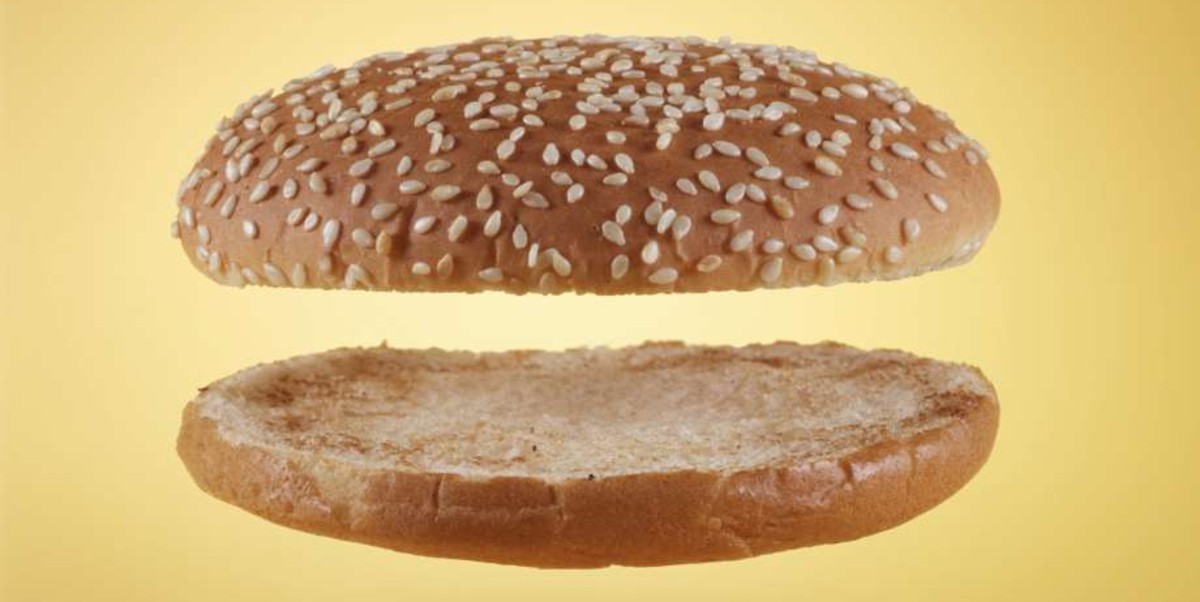
Is the ‘slippery slope’ just a big nothingburger?
A Canadian bioethicist denies that there is a euthanasia slippery slope
Opponents of assisted dying legislation often issue dire warnings about “slippery slopes”. Supporters take the philosophical high ground and respond that slippery slopes either do not exist or are conceptually incoherent.
Take Canada. Journalists discussing MAiD for mental illness have told readers that the country is slip-sliding away. A National Post editorial recently suggested that “the words ‘slippery slope’ are more than mere alarmism … In every state or country in which the practice has been normalized, it has also, to some degree, become banalized, with eligibility criteria increasingly relaxed.” In the Calgary Herald, columnist Licia Corbella wrote that “with every year that passes … the slope in Canada keeps getting steeper and slicker.”
Bioethicist Stuart Chambers, of the University of Ottawa, argues in a blog post at Impact Bioethics that such claims are baseless.
He points out that every credible slippery-slope claim must contain two premises, one causal and the other normative. The causal premise is that whenever the belt of restrictions is loosened a notch, this inevitably leads to further exceptions. “The normative premise states that extending eligibility requirements would be reckless.”
What is the track record of increasingly permissive assisted dying legislation in Belgium, the Netherlands, Canada, and Oregon? There is no evidence, he says, “that extensions of the original law are dangerous.” All of these jurisdictions “have adopted safeguards to prevent widespread abuses” – and they appear to work.
In the Netherlands, for instance, the Groningen Protocol permits euthanasia of severely ill newborns, but only according to strict criteria. Only 22 cases have been reported to authorities, and none of the doctors were prosecuted. This shows that there were no abuses.
In Canada, “an open system with safeguards has already proven effective” and the public is happy with it. No vulnerable populations are at risk, so there is no evidence of a slippery slope.
“Some members of the mainstream media continue to use the term ‘slippery slope’ carelessly,” writes Chambers. “If these skeptics could locate credible evidence of frightening scenarios, their slippery slope thesis would find a more receptive audience. For instance, involuntary euthanasia (MAiD administered against the will of the patient) would qualify, as would the systematic erosion of informed consent for competent patients. In the absence of such evidence, we are only left to speculate.”
Michael Cook is editor of BioEdge
Creative commons
https://www.bioedge.org/images/2008images/FB_nothingburger.jpg
slippery slope
- How long can you put off seeing the doctor because of lockdowns? - December 3, 2021
- House of Lords debates assisted suicide—again - October 28, 2021
- Spanish government tries to restrict conscientious objection - October 28, 2021
